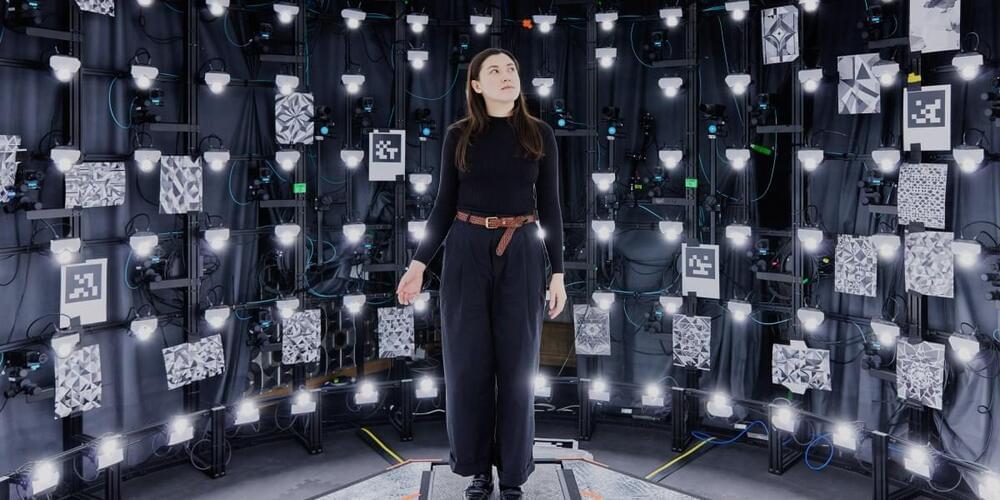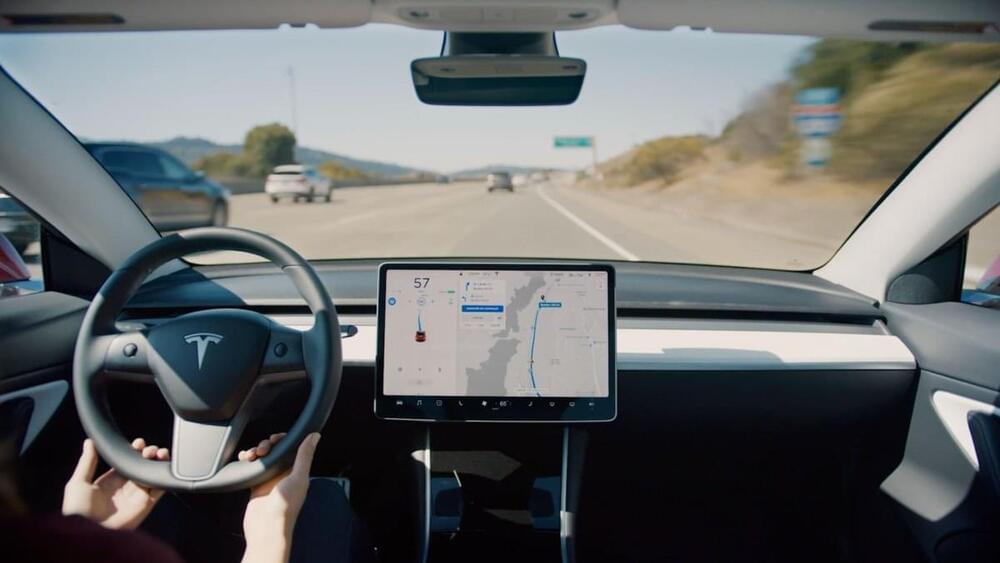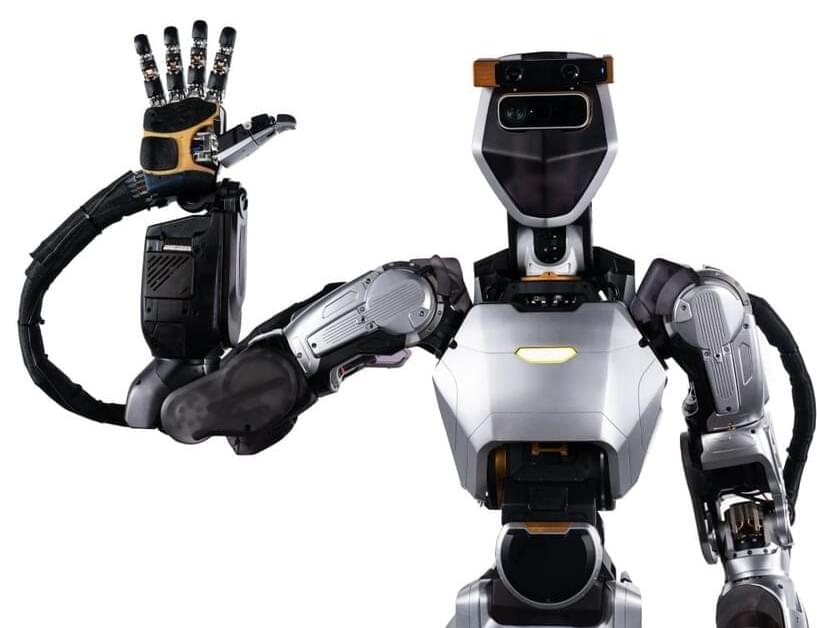In just 2 hours, small metal robots can capture most nanoscopic plastic particles from a sample of water.


In just 2 hours, small metal robots can capture most nanoscopic plastic particles from a sample of water.





The OpenAI Startup Fund, a venture fund related to — but technically separate from — OpenAI that invests in early-stage, typically AI-related companies across education, law and the sciences, has quietly closed a $15 million tranche.
According to a filing with the U.S. Securities and Exchange Commission, two unnamed investors contributed the $15 million in new cash on or around April 19. The paperwork was submitted on April 25, and mentions Ian Hathaway, the OpenAI Startup Fund’s manager and sole partner.
The capital was transferred to a legal entity called a special purpose vehicle, or SPV, associated with the OpenAI Startup Fund: OpenAI Startup Fund SPV II, L.P.

xAI, Elon Musk’s 10-month-old competitor to the AI phenom OpenAI, is raising $6 billion on a pre-money valuation of $18 billion, according to one trusted source close to the deal. The deal — which would give investors one quarter of the company — is expected to close in the next few weeks unless the terms of the deal change.
The deal terms have changed once already. As of last weekend, Jared Birchall, who heads Musk’s family office, was telling prospective investors that xAI was raising $3 billion at a $15 billion pre-money valuation. Given the number of investors clamoring to get into the deal, those numbers were quickly adjusted.
Says our source, “We all received an email that basically said, ‘It’s now $6B on $18B, and don’t complain because a lot of other people want in.”

Sanctuary AI often isn’t mentioned in the same breath as humanoid robotics firms like Boston Dynamics, Agility, Figure and 1X, but the Canadian company has been operating in the space for some time. In fact, a new robot introduced on Thursday is actually the seventh-generation of its Phoenix line.
While a recent iteration introduced legs into the line, Sanctuary is most concerned with what’s happening from the waist up. Tellingly, new videos of the latest robot are focused on the system’s torso. The Canadian firm is highlighting the system’s human-like movements while sorting product, as well as the speed with which it can learn such tasks.
Much of the humanoid coverage up to this point has (understandably) revolved around mechatronics — specifically how these robots look as they navigate their way through the world. Boston Dynamics’ recent video is a perfect example of how much can be communicated in a few short seconds.

Advances in generative AI have taken the tech world by storm. Biotech investors are making a big bet that similar computational methods could revolutionize drug discovery.
On Tuesday, ARCH Venture Partners and Foresite Labs, an affiliate of Foresite Capital, announced that they incubated Xaira Therapeutics and funded the AI biotech with $1 billion. Other investors in the new company, which has been operating in stealth mode for about six months, include F-Prime, NEA, Sequoia Capital, Lux Capital, Lightspeed Venture Partners, Menlo Ventures, Two Sigma Ventures and SV Angel.
Xaira’s CEO Marc Tessier-Lavigne, a former Stanford president and chief scientific officer at Genentech, says the company is ready to start developing drugs that were impossible to make without recent breakthroughs in AI. “We’ve done such a large capital raise because we believe the technology is at an inflection point where it can have a transformative effect on the field,” he said.
How AI powered chatbots affect human conversations and the dominance of chat for Generation Z. The future of communications.